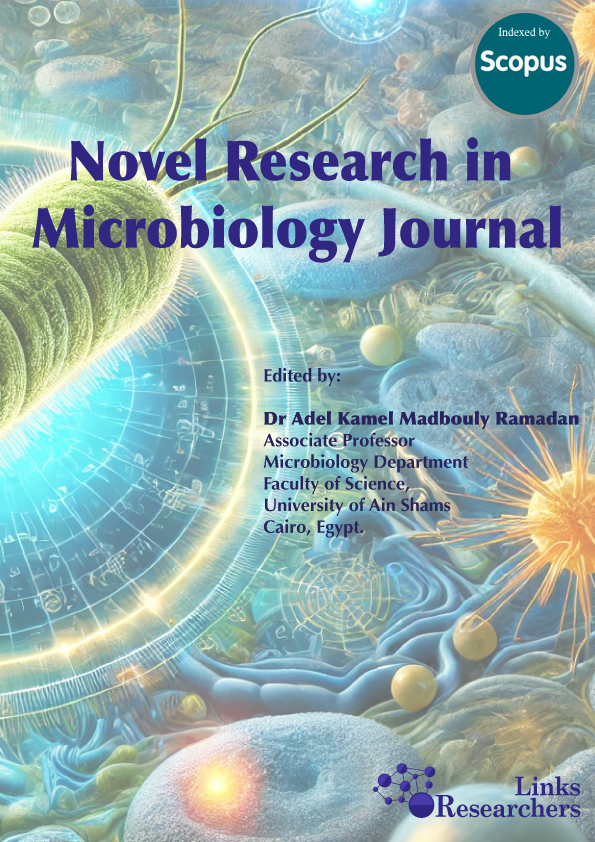Cystic fibrosis (CF) is one of the most common genetic disorders; resulting in a wide
variety of complications, including respiratory infections. Such infections are often
ineffectively treated within the framework of a classical paradigm of the infectious process.
However, little attention is paid to the unique microecological conditions that are formed in
CF respiratory tract. This study aimed to exploring the microecological conditions and to
finding out how they may influence the pathogenesis of CF infections. These conditions
emerge under the influence of local disruptions in the respiratory functions; inflammatory
processes, and complicated relations of the individual microorganisms between each other and
between the human bodies as their ecological substrates. As a result, microorganisms that are
usually safe for the healthy people become extremely dangerous for CF patients; having
adapted to a new ecological niche and having got definite resource advantage, which is
attributed to the respiratory tract tissue destruction. Additionally, it is still unknown; how do
the anaerobic microbes contribute to CF infections, and whether they collaborate with the
traditional CF pathogens or compete with them. In this article, we are analyzing CF respiratory
infections from the ecological perspective and proposing in our opinion a more comprehensive
picture of their pathogenesis.





